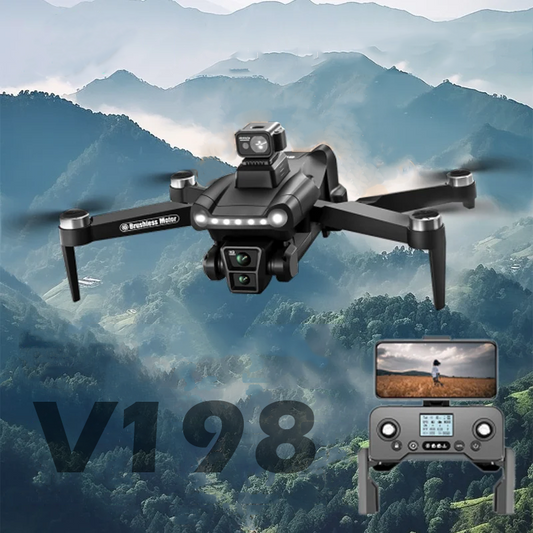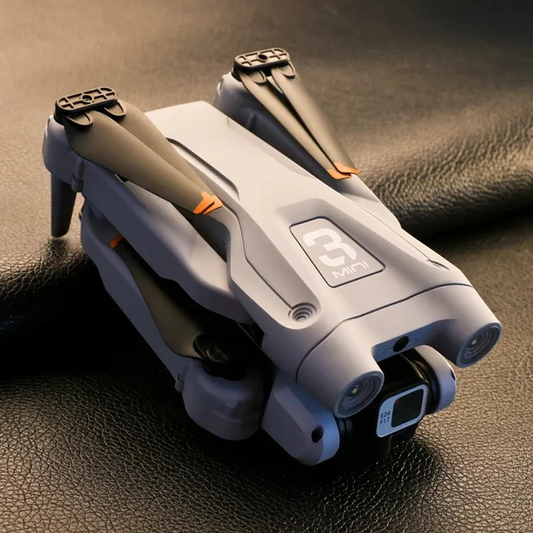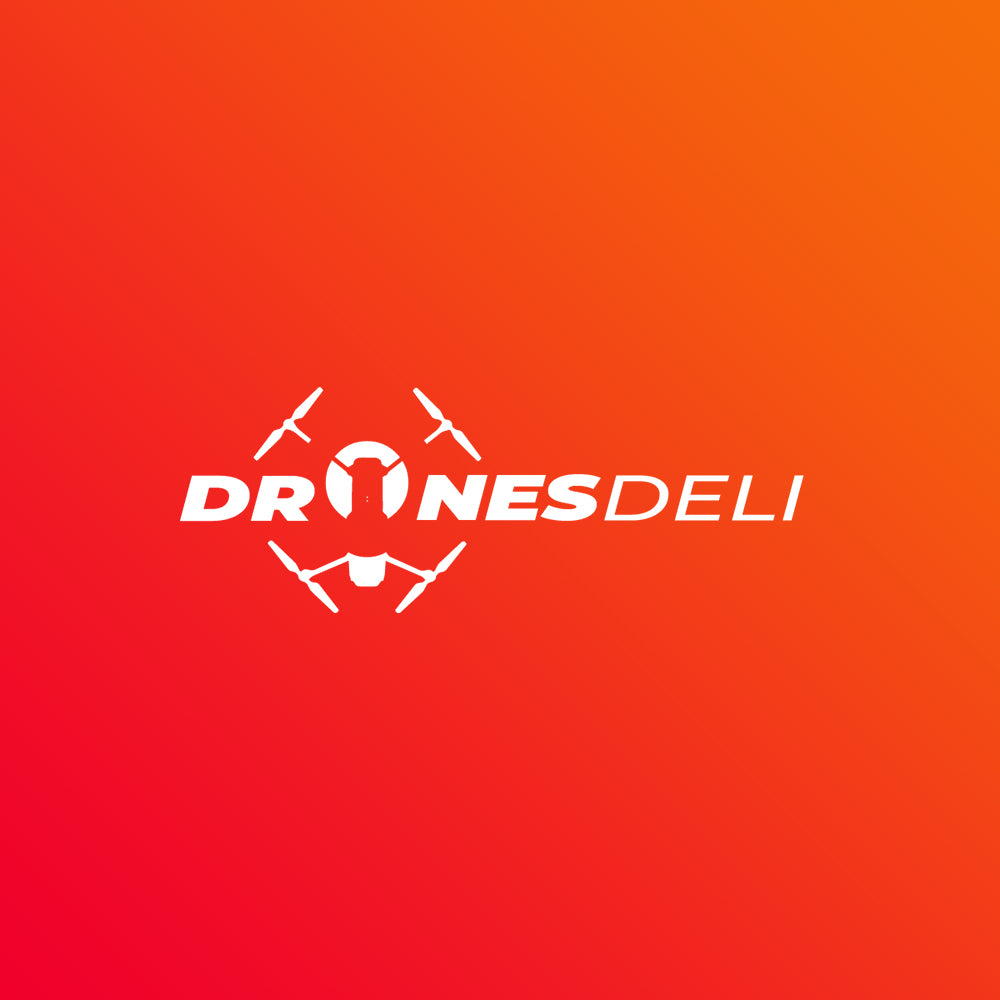Innovative Drone Technology for Modern Farming

The Rise of Drone Technology in Agriculture
The integration of drone technology into agriculture is not merely a trend; it's a revolution. Farmers are increasingly adopting UAVs (Unmanned Aerial Vehicles) to enhance efficiency and productivity. These drones can cover vast areas of land quickly, making them ideal for large-scale agricultural operations. As precision farming becomes more prevalent, the demand for agricultural drones is expected to rise significantly.
1. Understanding Precision Farming Drones

Precision farming refers to the practice of using advanced technologies to optimize field-level management regarding crop farming. Drones play a pivotal role in this approach by providing detailed aerial imagery and data analytics. They can capture high-resolution images of crops, allowing farmers to identify issues such as pest infestations, nutrient deficiencies, and water stress before they become critical problems.
2. Key Applications of Drones in Agriculture
- Crop Monitoring: Drones equipped with multispectral cameras can monitor crop health by capturing images in different wavelengths. This helps farmers assess crop vigor and make informed decisions on irrigation and fertilization.
- Soil Analysis: Drones can conduct soil analysis by mapping variations in soil composition. This information aids in creating customized soil management plans, enhancing productivity while minimizing waste.
- Irrigation Management: By analyzing the moisture levels in soil through aerial imaging, drones can assist in optimizing irrigation schedules. This leads to water conservation and better crop yields.
- Seed Planting: Innovative high quality drone technology has even enabled the development of systems that can plant seeds. These drones can plant seeds in areas that are difficult to reach, increasing accessibility and efficiency.
3. Benefits of Using Drones for Crop Monitoring
Using drones for crop monitoring offers numerous benefits:
- Time Efficiency: Drones can cover large areas in a fraction of the time it would take to inspect crops manually. This saves farmers valuable time and allows them to focus on other critical tasks.
- Cost-Effectiveness: While the initial investment in drone technology may be significant, the long-term savings through increased yields and reduced resource waste can far outweigh the costs.
- Data-Driven Decisions: Drones provide real-time data that empowers farmers to make informed decisions, ultimately leading to better crop management and higher yields.
4. Enhancing Sustainability with Drone Technology

Sustainable farming practices are becoming increasingly important as the world faces environmental challenges. Drones contribute to sustainability in several ways:
- Reduced Chemical Usage: By providing precise data on pest infestations or nutrient deficiencies, drones help farmers apply fertilizers and pesticides only where needed, reducing overall chemical usage.
- Optimized Resource Use: Drones can analyze moisture levels, allowing farmers to use water more efficiently. This is crucial in regions where water scarcity is a pressing issue.
- Monitoring Biodiversity: Drones can be used to monitor wildlife and biodiversity on farms, ensuring that farming practices do not adversely affect the surrounding ecosystem.
5. The Future of Drones in Agriculture
The future of drone technology in agriculture looks promising. As technology continues to evolve, we can expect to see advancements in:
- AI and Machine Learning: Integration of AI algorithms will enhance data analysis capabilities, allowing for more accurate predictions and management strategies with advance drone accessories.
- Improved Regulations: As the use of drones becomes more widespread, regulations will likely evolve to ensure safe and responsible usage, enabling broader adoption.
- Expanded Applications: Future innovations may include drones that can monitor livestock health or even facilitate automated harvesting.
6. Challenges in Implementing Drone Technology

Despite the many advantages, the adoption of drone technology in agriculture does come with challenges:
- Cost of Technology: The initial investment for high-quality agricultural drones can be a barrier for small-scale farmers.
- Training and Knowledge Gaps: Farmers may require training to effectively use drones and interpret the data they provide.
- Regulatory Hurdles: Navigating the regulations surrounding drone usage can be complex and may deter some farmers from adopting this technology.
Innovative Drone Technology for Modern Farming
Innovative drone technology is undeniably revolutionizing modern farming. From precision farming to sustainable practices, the applications of drones in agriculture are vast and impactful. As technology continues to advance, the potential for drones to further enhance agricultural practices will only grow. By embracing this technology, farmers can not only improve their yields but also contribute to a more sustainable future for agriculture.
Experience the future of flight with our online drone store. From hobbyist to professional, we offer drones that meet every need and exceed expectations.








